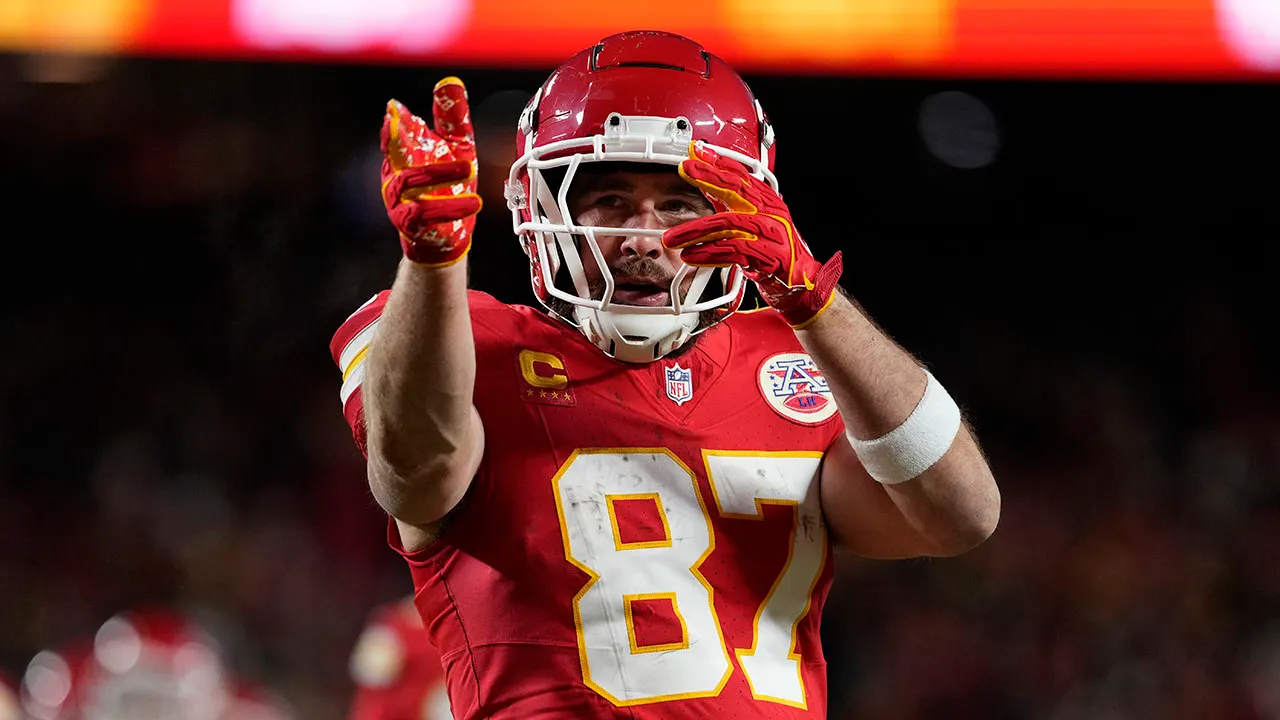[This story contains spoilers for The Black Phone.]
Making a horror film about a sadistic child killer could be a challenge in and of itself, but The Black Phone co-writer and director Scott Derrickson said there was one scene that was particularly difficult to execute.
In one upsetting moment, Terrence Blake (Jeremy Davies), the alcoholic father of missing child Finney (Mason Thames), whips his daughter, Gwen (Madeleine McGraw).
“That one was probably the one that I felt the most nervous about,” Derrickson tells The Hollywood Reporter. “I chose the kitchen that I chose because it had a long counter. I realized you could really go too far with a scene like that very easily, and an audience can turn on a movie. I wanted them to be disturbed and upset by it, but I didn’t want them to turn on it.”
So, Derrickson chose to soften the moment in the film.
“I thought, ‘I don’t want to see this kid actually getting hit.’ So the very first strike happens off-screen,” says Derrickson. “She’s below the counter, and it’s more his rage that’s upsetting. And then her really emotional performance, most of that occurs when she stands back up and has this long faceoff with him. He’s got the belt raised, but he never actually hits her again. And so that was all worked out very specifically in choreography.”
Moreover, Derrickson says, there was a big last-minute change that proved quite challenging. In one of the final scenes of the film, Robin (Miguel Cazarez Mora), a former victim who has been speaking with Finney courtesy the film’s disconnected black phone, shows up as a ghost. The problem? That wasn’t the original plan — and the young actor who plays Robin had already flown home.
“In the script, Robin wasn’t in the room. It was just a phone call,” Derrickson explains. “A day or two before we shot that … it suddenly hit me out of nowhere. I was like, ‘Oh, the audience wants to see that kid again. We got to see him again. It’s not going feel right if we don’t see him again.’ I was like, ‘Where’s that kid?’ and they were like, ‘We just flew him home.’ I was like, ‘Get him back. You got to fly him back.’”
On the morning that the scene was to be filmed, Derrickson hadn’t blocked how it would go. He found himself standing on set alone, coming up with ideas on the fly for how Robin and Finney come face to face.
“I end up doing it all in one shot,” says Derrickson, who believes it is one of the best moments of the film. “I think a good director always has an antenna up trying to hear what this movie really wants to be. If you do that, you can sometimes make decisions that are bigger than you.”
Derrickson says that when he and C. Robert Cargill wrote the script, they wanted to make sure that there wasn’t a common denominator for why Ethan Hawke’s Grabber chose his victims. They were all different — some were tough, some were weak, some were small, some were not. He is particularly moved by Griffin (Banks Repeta), the boy who is bent over upside down in the film.
“Even though we don’t see a backstory for him, I’m really moved by what he said. When Finney says, ‘you’re Griffin,’ he goes, ‘Maybe.’ And Finney goes, ‘I didn’t know you’ and he says ‘nobody did. One day nobody knows your name, and then the next day you’re in every headline and everybody knows your name,’” recalls Derrickson. “He represented that kind of small, invisible kid, and then Finney is in the middle.”
Continues the filmmaker: “The idea of it was to represent a great range from the smallest, weakest kid to the toughest, strongest kid. Putting two of the toughest, strongest kids at the top emphasized how dangerous the Grabber is, that they were incapable of defending themselves or escaping his dungeon. It could happen to anyone.”
The Black Phone hit theaters this weekend and also stars Mason Thames and James Ransone. You can read part one of THR‘s interview with Derrickson here.

























































